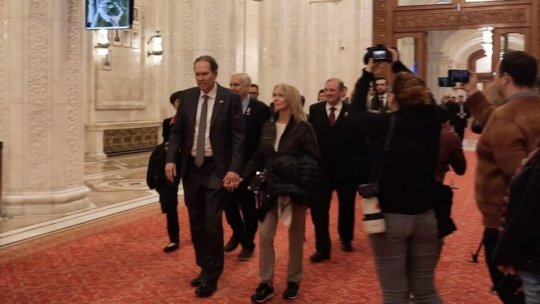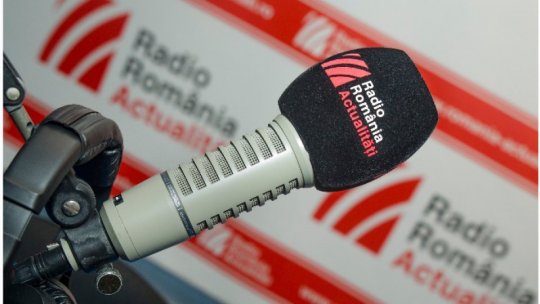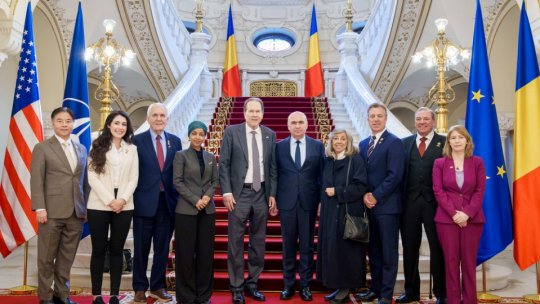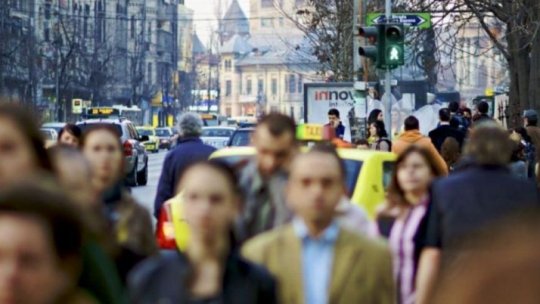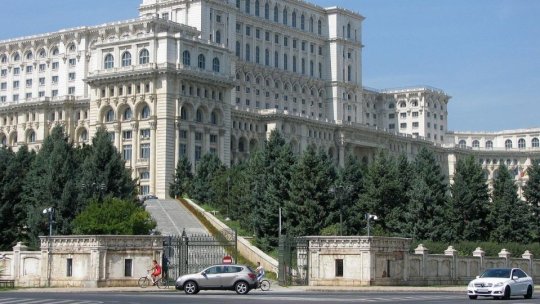Top-level European Talks
European Union leaders, including Romania’s president Klaus Iohannis, have met in Brussels to discuss the crisis in Ukraine, the fight against terrorism and the Greek debt crisis.
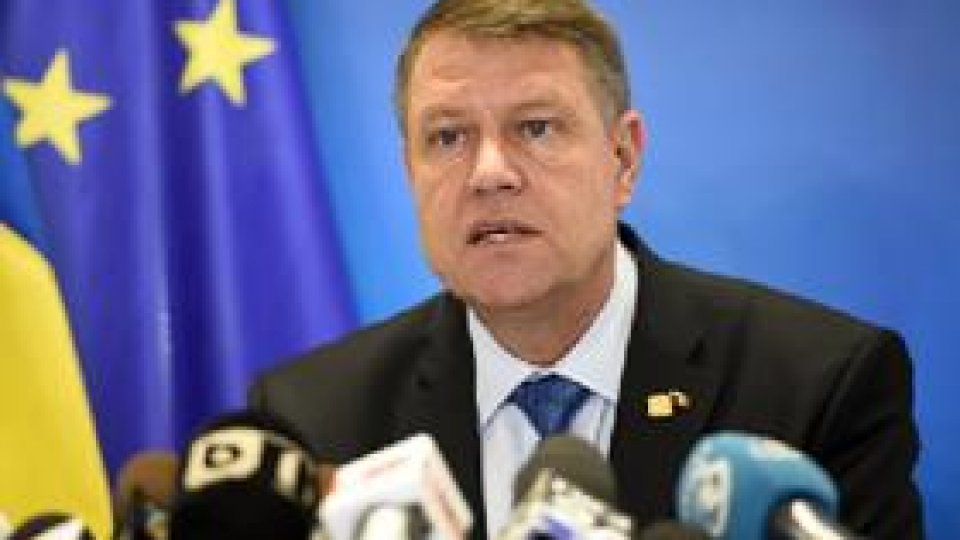
Articol de Radio România Internaţional, 14 Februarie 2015, 10:21
Romania’s president Klaus Iohannis has attended his first European Council meeting since taking office against a complicated geo-political background.
Speaking about the tense situation in the neighbouring Ukraine and the recent agreement in Minsk, the president said Romania was aware of the enhanced danger of the armed conflict in eastern Ukraine and would contribute to finding a political solution.
"I reiterate my conviction that the only way to resolve the Ukrainian crisis is to find a political solution based on dialogue and seeking to end bloodshed. We are optimistic about the new agreement, but were are also aware that there are still tensions and sensitive issues that cannot be resolved without political will and without being united", the Romanian president said.
According to Iohannis, many European leaders, including himself, are under no illusion that all the terms of the new agreement will be respected, given that some of its provisions were also part of a previous agreement signed in September.
On the sidelines of the European Council meeting, Iohannis had talks with his counterpart in Kiev, Petro Poroshenko at the latter’s request to discuss bilateral relations and regional issues.
Poroshenko thanked Iohannis for Romania’s firm support for Ukraine and extended an invitation to visit Kiev, which the Romanian president accepted.
Another major theme dominating the agenda of the European Council summit was the fight against terrorism.
President Iohannis said anti-terrorist measures had acquired a new dimension and political relevance after the latest attack in France.
He warned, however, that such measures should not create new barriers, but should be applied within the European Union without discriminating between the countries that are part of the Schengen area and those who aren’t.
He said a declaration was adopted on anti-terrorist measures to increase the security of EU citizens, prevent radicalisation and boost cooperation with international partners.
Bucharest is in favour of cooperation with partners from outside the European Union to counteract these threats, making use of the already existing framework.
A third major subject discussed at the EU summit was Greece’s debt, with the European leaders and the Greek authorities failing to reach an agreement.
Euro zone finance ministers and Athens’ representatives will resume talks on Monday to reschedule Greece’s immense debt before the expiry of the Greek bailout programme at the end of the month.



